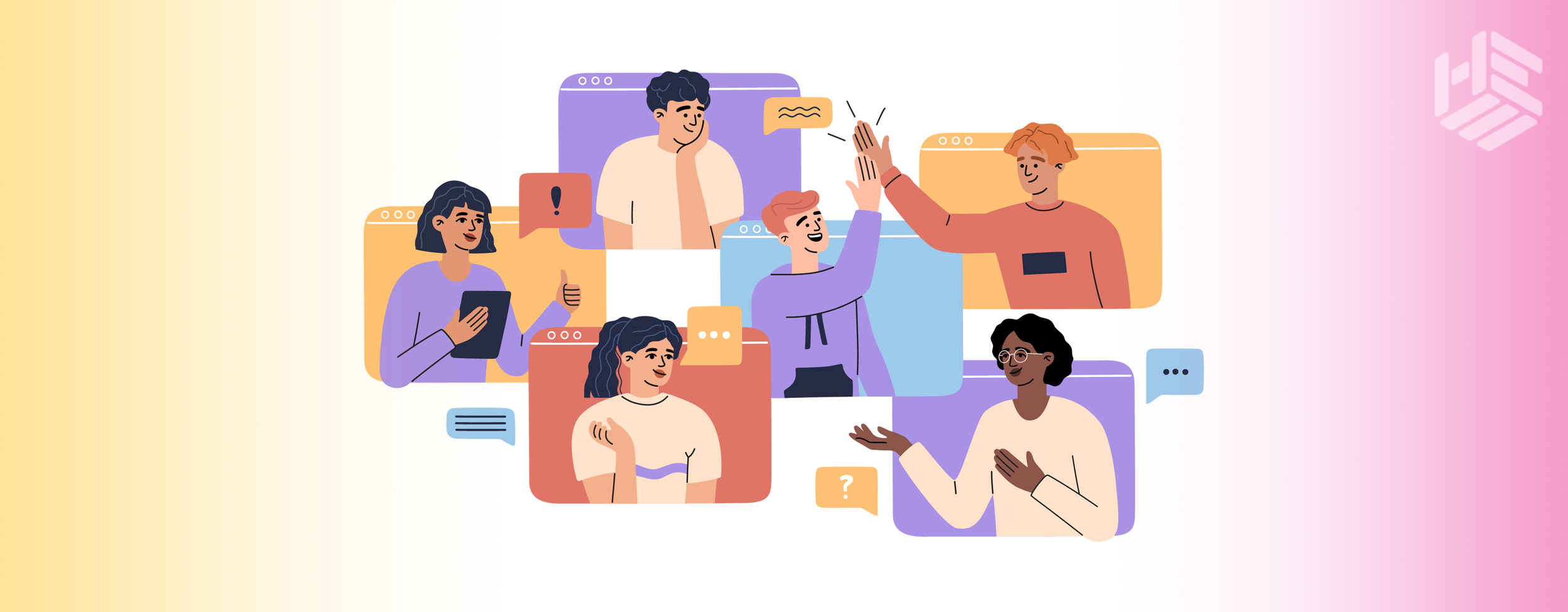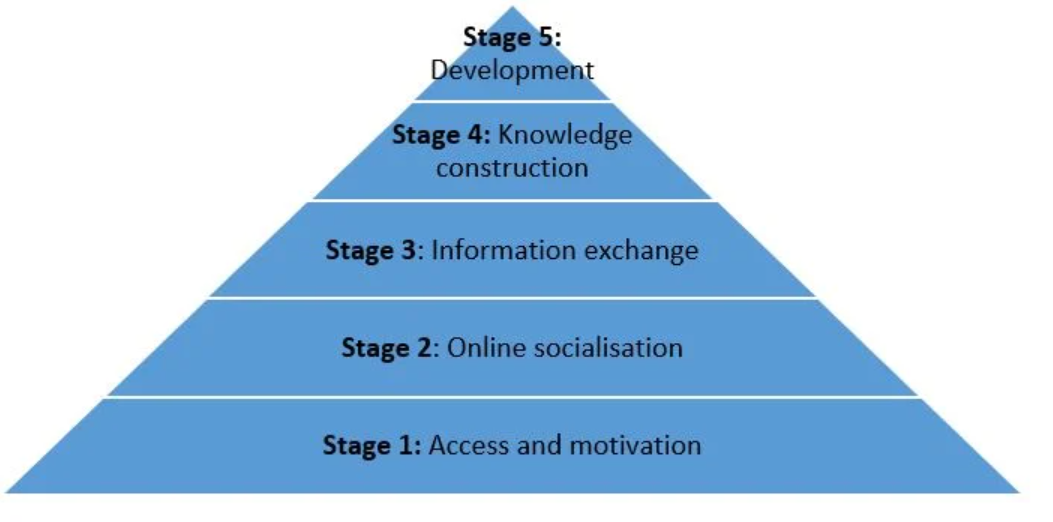Peer Enhanced E-Placement (PEEP) – Not All Legitimate Work-Related Placement Learning Needs to be “Face to Face”
The impact of Covid-19 on placements
The impact of Covid-19 on placements has been significant, with many short term placements affected and a number have been cancelled completely (Isherwood, 2020). There are reports that placements are down 40% on last year (Sturley, 2020). Placement learning to facilitate work related learning has been reported as key to facilitating employability (Lowden et al, 2011).
Occupational Therapy Placements
Occupational Therapy pre-registration students are required to complete 1000 practice placement hours during their degrees, mapping onto the professional learning and development standards (Royal College of Occupational Therapists, 2020). In light of Covid-19, “face to face” placements were suspended. For students to progress their learning, an alternative practice placement experience needed to be found.
Peer enhanced e-placement (PEEP)
A peer enhanced e-placement (PEEP) was organised, using the virtual learning environment Blackboard (Taylor, 2020). The PEEP was organised, adhering to professional and statutory standards, to mirror a “face to face” practice placement, with the same core learning outcomes – apart from seeing “real patients”. The placement was structured with a clear purpose for students and provided a mix of peer group, individual and “live experiential” learning.
Evaluation of PEEP
The PEEP was evaluated, unearthing very valuable and legitimate learning around the peer group learning process. Some of the top employability attributes that employers are looking for in graduates are teamwork, interpersonal skills, listening, problem solving and taking responsibility (Hooley, 2020). The PEEP facilitated the learning for the students in these crucial employability areas, with some learning being achieved arguably better than on a “face to face” placement, through the peer learning process.
Digital literacy
Digital access is a new dimension for graduate employment post Covid-19 (Hooley, 2020) with a need to prepare graduates for a changing world (Norton, 2020). There is a responsibility for educators to be preparing students with digital skills. The use of the Blackboard functionality during the PEEP developed the student’s digital literacy.
How can the learning be explained?
From a pedagogical point of view, the reported learning from the PEEP can be underpinned by the five stages of learning (Salmon, 2011 – diagram reproduced with permission from Professor Gilly Salmon, June 2020), which is a well-established, and evidence based learning theory of online teaching and learning.
Implications for future placements
Although the PEEP was organised for health students, the PEEP fundamentals can be applied to other disciplines. Isherwood (2020) suggests placement alternatives such as virtual projects and educator partnerships should be considered, options that a PEEP would facilitate. Although the PEEP is delivered online, there is equivalence (Salmon, 2020) or even better learning from certain aspects of the PEEP learning, around the peer learning process. At a time when “face to face” placements are limited, the PEEP offers a legitimate alternative model of placement delivery, with a strong pedagogical underpinning for the learning facilitated through the PEEP fundamentals.
Conclusions
A PEEP offers a legitimate alternative to “face to face” placements, to develop key employability attributes that employers are requiring from graduates. The evaluation of the PEEP model of delivery has demonstrated that not all legitimate work related placement learning has to be “face to face”, and should be considered as a valuable adjunct to “face to face” placements in all disciplines, even beyond Covid-19.
References
Hooley, T (2020) What to expect from graduate recruiters following Covid-19 – The employer’s perspective Panel discussion at The Graduate Employability Conference 24th June 2020
Isherwood, S (2020) https://ise.org.uk/general/custom.asp?page=blog-how-to-adapt-work-experience-and-internships-during-covid-19 accessed 29.06.20
Lowden, K, Hall, S, Elliot, D, Lewin J (2011) Employer’s perceptions of the employability of new graduates. Project report. Edge Foundation.
Norton, S (2020) Employability - Future proofing graduates through the higher education curriculum. Key note lecture at The Graduate Employability Conference 24th June 2020
Royal College of Occupational Therapists (2020) https://www.rcot.co.uk/coronavirus-covid-19-0 accessed 29.06.20
Salmon, G (2011). E-moderating: The key to teaching and learning online (3rd ed.). New York: Routledge
Salmon, G (2020) https://wonkhe.com/blogs/testing-the-equivalence-of-online-and-on-campus-learning/ accessed 29.06.20
Sturley, C (2020) Beyond Covid-19 - Averting trouble in the skills and employability sector. Webinar presentation at the Skills and Employability Summit 9th June 2020
Taylor, L (2020) https://www.hee.nhs.uk/our-work/allied-health-professions/occupational-therapy-virtual-practice-placement accessed 29.06.20






